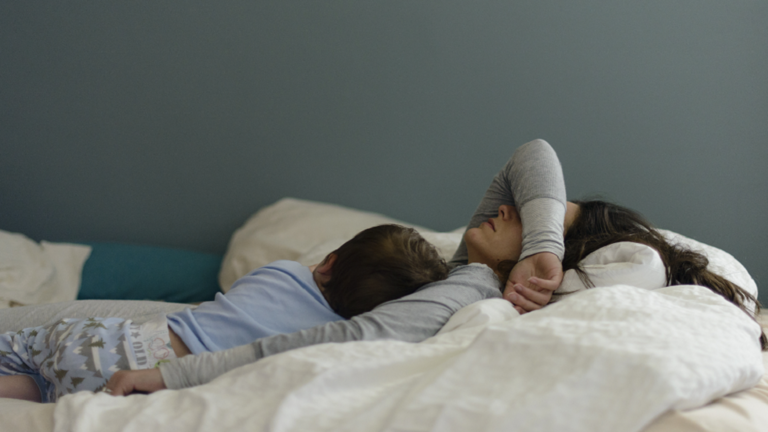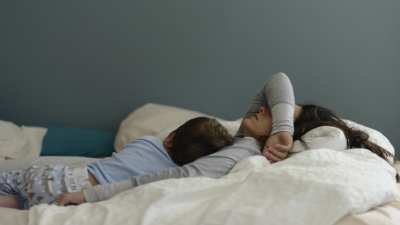New parents are deprived of sleep for more than two months in the first year of their child's life. Exhausted mothers and fathers typically lose four and a half hours of sleep each night, amounting to just over 31 hours a week or more than 68 days before their child turns one year old, according to a study. They experience an average of 975 nighttime awakenings to care for their children throughout the year – nearly three times a night, although parents under the age of 25 usually wake up about four times in the early hours of the night.
Men find it easier to get back to sleep, with seven out of ten managing to fall back asleep after waking, compared to only 44% of women. The study stated, "This is often due to men taking less time off work after the birth, meaning their bodies maintain a more regular sleep routine than mothers, who may take extended leave of up to 12 months."
In a survey conducted by Silentnight on 500 parents of children under five, the most common reason for lack of sleep was that their young children were hungry or thirsty. Hannah Shore, a sleep expert at Silentnight, noted, "Caring for a young child can significantly impact the quality of sleep that mothers and fathers get, particularly in the first few months after birth. It is normal for mothers who choose to breastfeed to wake more than fathers throughout the night, which means they learn to soothe the baby back to sleep more quickly. This means that even when the baby does not need feeding, the mother is more likely to wake because she can soothe the baby back to sleep faster."
She adds, "Prioritizing rest and asking for help when needed are crucial aspects of ensuring your well-being during this challenging time. Remember, whenever possible, to seek additional help from those around you. Having a baby is not easy, and it is okay to ask for help from time to time."




